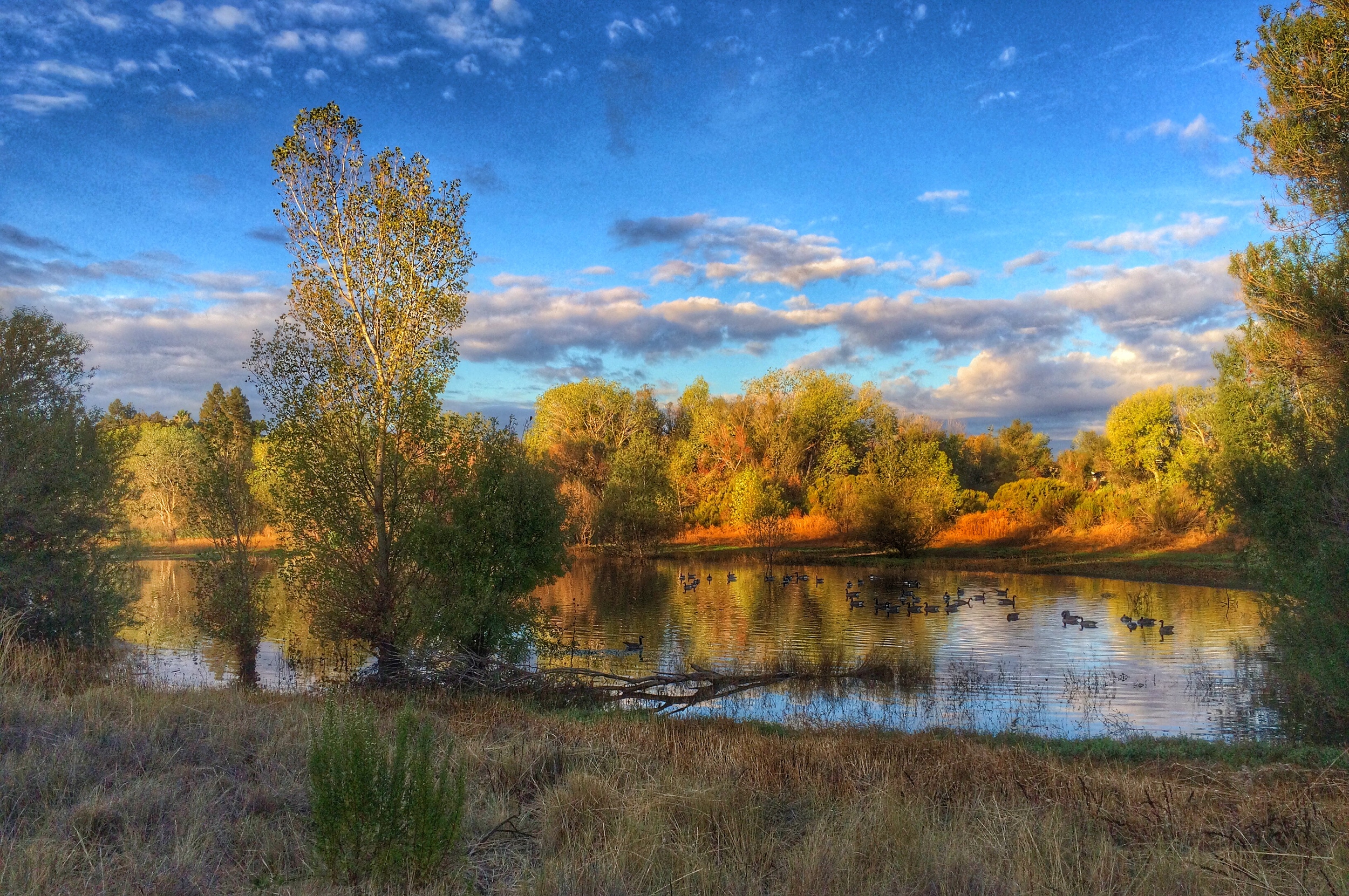 People say that there is no fall in California. That's not true. Fall arrives slowly and takes its sweet time once here. Sometime around mid to late October, the leaves begin to turn--first the sycamores fade bronze, the gingkos go yellow and finally the pistache leaves take off like bottle rockets with scarlet, crimson, pumpkin and wine, lighting up the city parkways with their stationary fireworks.
People say that there is no fall in California. That's not true. Fall arrives slowly and takes its sweet time once here. Sometime around mid to late October, the leaves begin to turn--first the sycamores fade bronze, the gingkos go yellow and finally the pistache leaves take off like bottle rockets with scarlet, crimson, pumpkin and wine, lighting up the city parkways with their stationary fireworks.
It's a month that calls for poetry and I was lucky enough to receive one of the most exquisite autumnal poems ever.
I was talking with my father. We spoke about our understanding of retirement. His definition, which I love, is that all retirement means is that you have left behind a salaried job with all the fringe benefits. My father has written five books since he retired as an English professor and, in his early eighties, is wading deep into his sixth. As we ended the conversation, he told me that he wanted to share a poem and began to quote from memory, Shakespeare's sonnet Number 73. I share it with you because it says so much about the season of autumn and the turnings in our lives.
Sonnet 73
That time of year thou may'st in me behold
When yellow leaves, or none, or few, do hang
Upon those boughs which shake against the cold,
Bare ruin'd choirs, where late the sweet birds sang.
In me thou see'st the twilight of such day,
As after sunset fadeth in the west,
Which by-and-by black night doth take away,
Death's second self, that seals up all in rest.
In me thou see'st the glowing of such fire
That on the ashes of his youth doth lie,
As the death-bed whereon it must expire
Consum'd with that which it was nourish'd by.
This thou perceivest, which makes thy love more strong,
To love that well which thou must leave ere long.
Perhaps that is the benefit of retirement. If we are lucky, we burn brightly with all of the colors of our life; the complex layers of experience, relationships and gifts which come together to be set out again in any form we choose.


